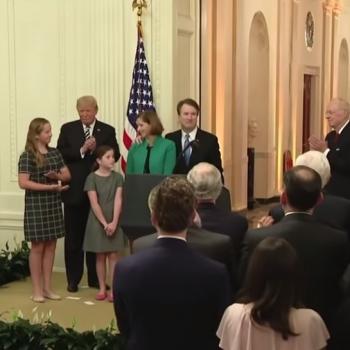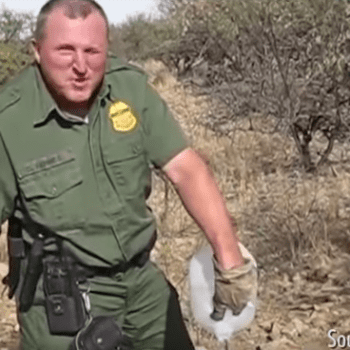The American Christian landscape in our current context seems to have a steady stream of people who feel like outsiders– out of place everywhere, at home nowhere. While many of the changes we’re seeing in American Christianity will be net positives in the end, the process of reforming and has left many exhausted, and on the margins of faith.
I’m one of those people, and I’ve learned a few things during this process:
1. I’ve learned to get my identity from Jesus– not the tribe.
Theological labels have a way of making us crazy– we allow them to define us, give us identity, give our lives meaning, and all kind of other things that ultimately take the place I’ve learned only Jesus can fill. Since leaving fundamentalism/conservative evangelicalism, I’ve had to set out on a journey where I no longer had those labels to give my life the shape it once had. In those times, I’ve come to learn that my identity as a Jesus follower must come only from Jesus. Yes, I do use some theological labels such as “Anabaptist” to help identify my leanings, but I’ve learned to never attempt to get life or meaning from that– there’s only one who has the “words of life”, and his name is Jesus.
2. I’ve learned that the key to happiness is contentment.
The experience of being a Christian outsider has been similar to a life chapter when I was in poverty and didn’t know where the next paycheck was coming from– it has forced me to learn to be content. Since the time I set out on this journey, I’ve lost a lot– far more than I ever realized I would. I’ve learned that like being financially poor, there are times when you’ve done all you can do, and at least for a season of waiting, one must learn to be content with what they actually have instead of longing for what they don’t have.
Going through a season of financial poverty broke my previous addiction to “more”, taught me to just “be” and taught me to be happy with “just being”. Being a Christian outsider has re-enforced that same lesson, but from a different angle. This is one of the aspects of being an outsider I’m really thankful for, because contentment is one of the few things in life that really does equal happiness.
3. I’ve learned who my friends are.
This was perhaps the hardest lesson I learned– and one that was actually unexpected. It seems that there are still so many people that are so stuck on issue #1– getting their identity and meaning from tribe and labels– that they simply don’t know how to relate to someone who no longer in good conscience can hold to them. The loss of friends is still something that is a common topic of conversation between Tracy and I, and will probably be something we’ll have to continue processing for a season to come.
However, the flip-side is also true– I’ve also discovered who my friends actually are, and these friends mean the world to me. Ironically, the ones I appreciate the most are the ones still in the tribe, but who love me anyway and don’t treat any differently than they did before.
4. I’ve learned to forgive– not out of desire, but necessity.
With all the loss I’ve experienced has come hurt. With hurt, comes anger. With anger– unchecked for long enough– comes bitterness. With bitterness, comes death. And here’s the deal: I don’t want to die– I want to live! This means that I’ve had to embrace a life of practicing quiet forgiveness. Sometimes I forgive people multiple times a day– it’s what I have to do to keep my sanity, and what best promotes health and well-being in my life.
The term for forgive in the New Testament is ἀφίημι, and technically means “to send away”. When I forgive, I take the person or situation that caused me hurt and I send it away– giving it over to God to deal with. I’ve learned that this is a necessity– sending these hurts “away” is the only way I’m able to survive them. What’s been life-giving however, is that when I actually do “send them away” I literally feel lighter and better about life.
5. I’ve learned that sometimes theology becomes more important than people, and that I don’t want to ever be on the wrong side of this equation again.
I think one of the key things that’s being an outsider has taught me is that to some, theology is more important than actual people. We obviously saw this with the World Vision implosion where thousands of Evangelicals abandoned their children they had committed to financially sponsoring over the issue of same sex marriage. While this was an extreme example, I’ve seen theology trump real life people over and over again on this journey. Sadly, I think it took being on the receiving end of that for me to realize how utterly wrong this is.
Regardless of how I got here, being an outsider has taught me that I never want to be on the wrong side of this again– I always want to put people, and right doing (orthopraxy), ahead of holding to an often flawed human concept of theological purity.
///
Sometimes I think that those of us who feel like outsiders focus a little too heavily on the negative, so these are some positive things that I’m learning– things that are helping me feel like I’m slowly finding life again.
What things have you learned from life as a Christian outsider?













